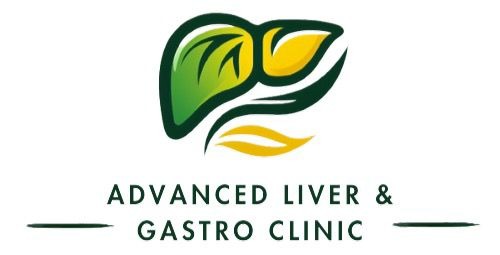Acid Reflux Treatment in Wakad, Pune – Consult Dr. Ujwal Zambare
Acid reflux, commonly known as heartburn or acid indigestion, occurs when stomach acid flows back into the esophagus, causing a burning sensation in the chest. It can be triggered by factors such as obesity, smoking, or certain foods. If left untreated, acid reflux may lead to complications like GERD (gastroesophageal reflux disease).
If you experience frequent heartburn, discomfort after meals, or acid regurgitation, consult Dr. Ujwal Zambare, a leading Gastroenterologist in Wakad, Pune. He provides expert diagnosis and personalized treatment options to manage acid reflux effectively.

Causes
Acid reflux is when some of the acid content of the stomach flows up into the esophagus, into the gullet, which moves food down from the mouth. Despite the name, heartburn has nothing to do with the heart. The stomach contains hydrochloric acid, a strong acidTrusted Source that helps break down food and protect against pathogens such as bacteria. The lining of the stomach is specially adapted to protect it from the powerful acid, but the esophagus is not protected. A ring of muscle, the gastroesophageal sphincter, normally acts as a valve that lets food into the stomach but not back up into the esophagus. When this valve fails, and stomach contents are regurgitated into the esophagus, the symptoms of acid reflux are felt, such as heartburn.
Risk Factors
GERD affects people of all ages, sometimes for unknown reasons. Often, it is due to a lifestyle factor, but it can also be due to causes that cannot always be prevented.
- obesity
- smoking (active or passive)
- low levels of physical exercise
- medications, including drugs for asthma, calcium-channel blockers, antihistamines, painkillers, sedatives, and antidepressants
Symptoms
- dry, persistent cough
- wheezing
- asthma and recurrent pneumonia
- nausea
- vomiting
- throat problems, such as soreness, hoarseness, or laryngitis (voice box inflammation)
- difficulty or pain when swallowing
- chest or upper abdominal pain
Treatment
- PPIs, including omeprazole, rabeprazole, and esomeprazole
- H2 blockers, including cimetidine and famotidine
- Over-the-counter treatments, such as antacids, which are available to buy online
- Alginate drugs, including Gaviscon
The main treatment options for people who repeatedly experience acid reflux in GERD are either PPIs or H2 blockers, both of which are medications. PPIs and H2 blockers decrease acid production and reduce the potential for damage caused by acid reflux. These medications are generally safe and effective, but like any prescription drug, they are not appropriate for all people with reflux disease and can cause side effects.
Schedule Your Consultation Today!
Don’t let acid reflux or digestive issues disrupt your life. Get expert care from Dr. Ujwal Zambare at True Life Clinic & Wellness Center Wakad, for advanced diagnosis and personalized treatment. Consult the best Gastroenterologist in Wakad, PCMC, Pune for effective relief and long-term digestive health.
